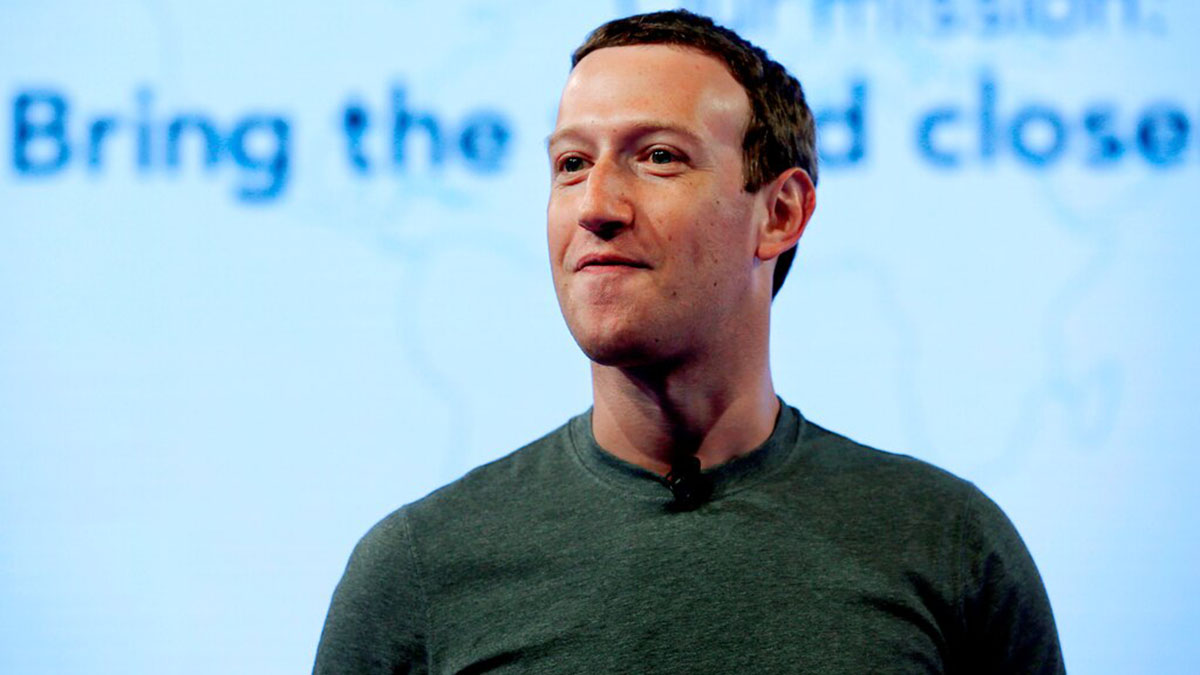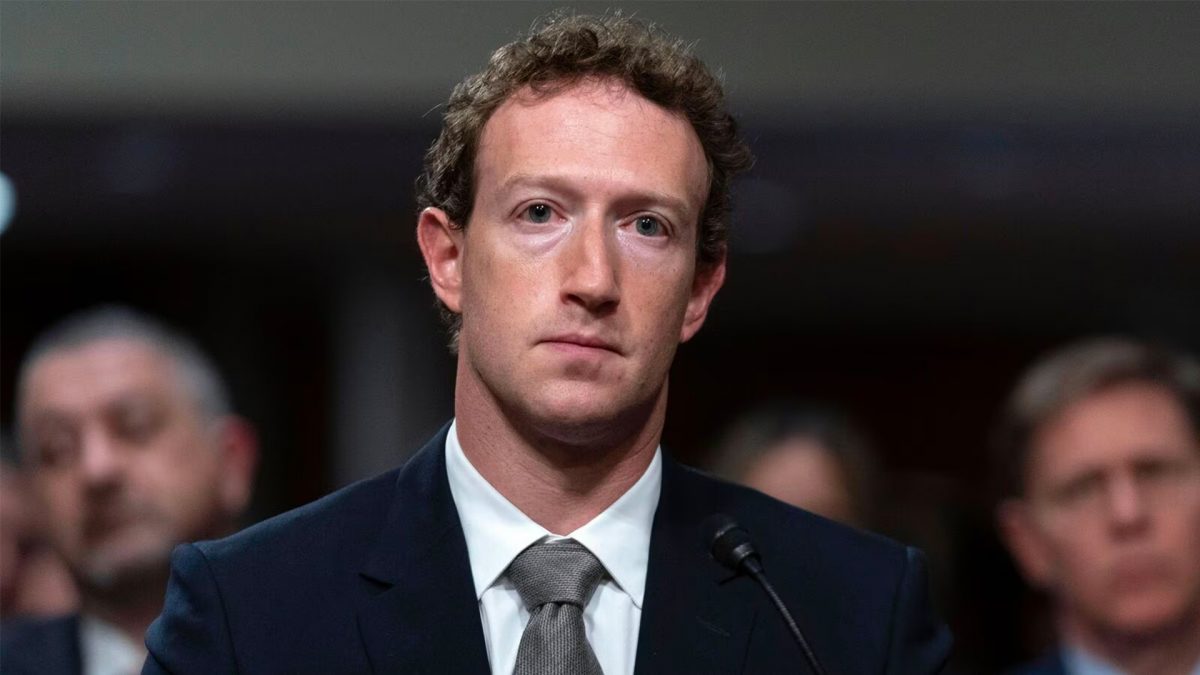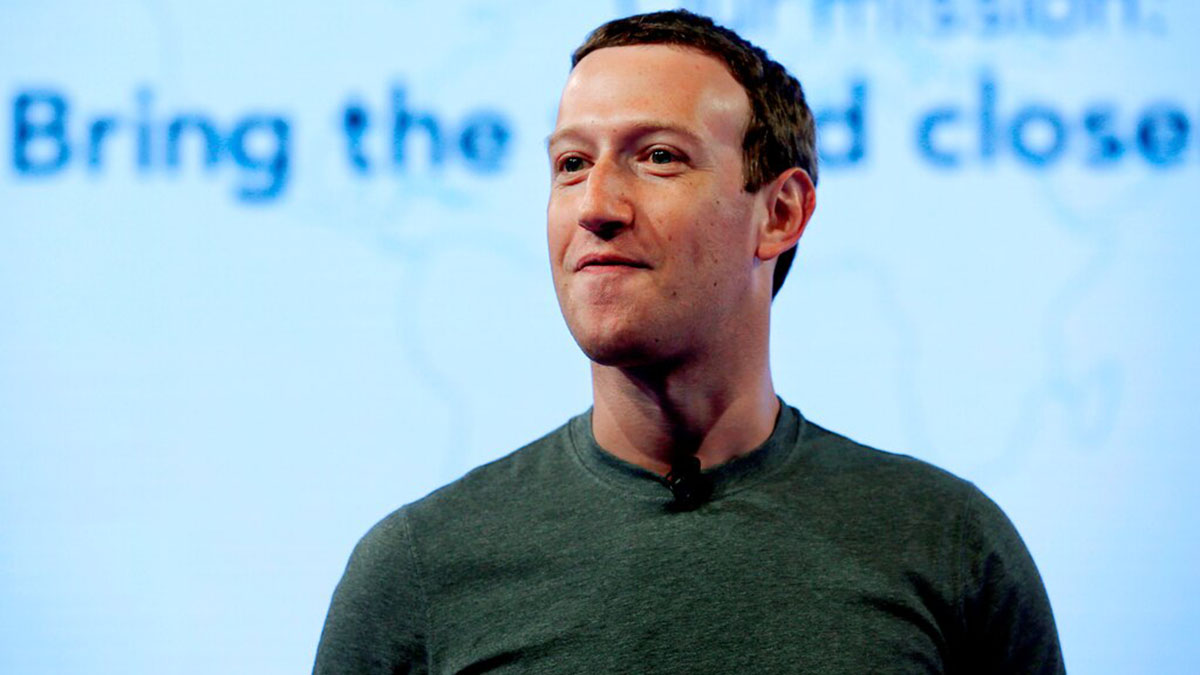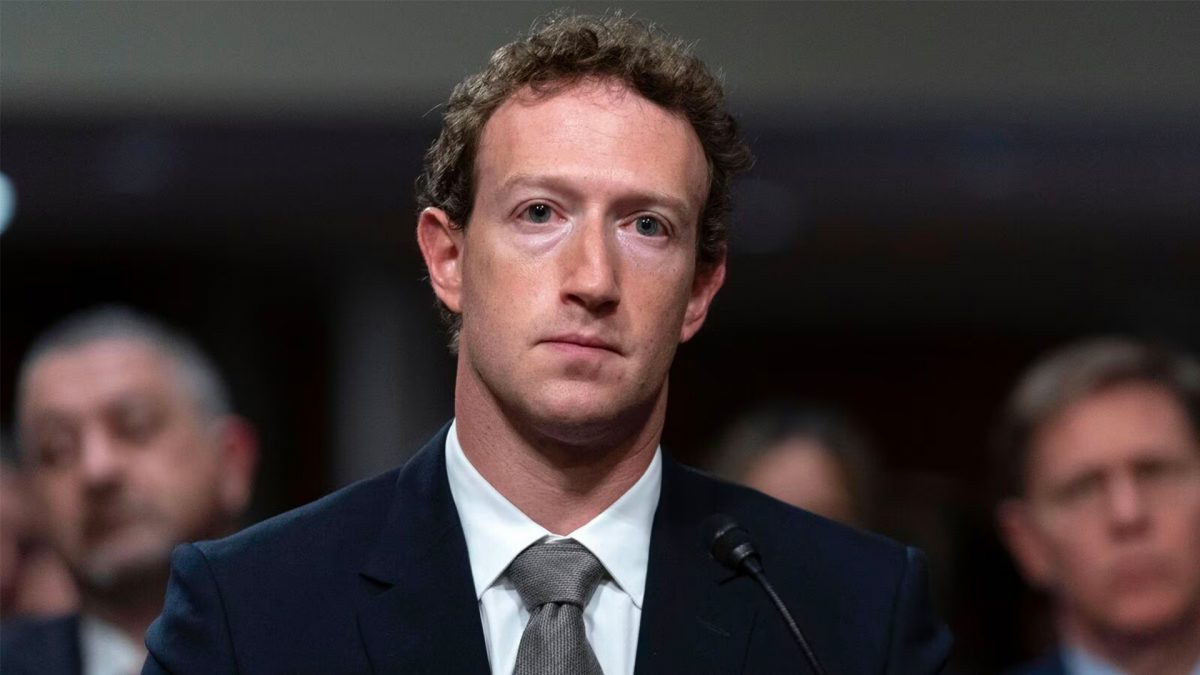After more than a 100 interviews of Steve Jobs and the people that made up his life, Walter Isaacson’s biography of the late co-founder of Apple went on sale today. We bring to you a few nuggets from the book, simply titled, “Steve Jobs”.
Isaacson, chosen by Jobs as his biographer in 2003 after he was diagnosed with pancreatic cancer, was a former editor of Time Magazine and has written books about Albert Einstein and Benjamin Franklin.
Among other things, Isaacson says Jobs - who grew up in northern California, a place that was “still learning to turn silicon into gold” - was a hippy, rebel kid, loved acid, loved electronics.
In an interview to CBS’s 60 minutes just before his book hit the stands, Isaacson shared details about his subject - Steve Jobs - and his observations and stories of him.
Steve Jobs, succumbed to pancreatic cancer on 5 October at the age of 56.
From the slew of leaks, interviews, and previews here are our picks:
The Man
Apple co-founder Steve Jobs could be mean, abrasive and cuttingly dismissive of co-workers in his quest for perfectionism, according to his biographer.
In an interview on CBS’s ‘60 minutes’, Walter Isaacson, Steve Jobs’ biographer said that Jobs “was not warm and fuzzy” and that he in fact “was very petulant. He was very brittle. He could be very, very mean to people at times.”
Jobs as Manager
Isaacson told CBS that Jobs may have come up with the Macintosh computer, the iPod, the iPhone and the iPad during his brilliant career but he “was not the world’s greatest manager”.
“In fact, he could have been one of the world’s worst managers, you know? He was always, you know, upending things. And, you know, throwing things into turmoil. This made great products, but it didn’t make for a great management style,” Isaacson said in the interview.
Isaacson told ‘60 Minutes’ that much of Jobs’ attitude could be traced to the earliest years of his life, and to the fact that Jobs was born out of wedlock, given up by his birth parents and adopted by a working class couple from California.
Jobs said he realized he was not “just abandoned. I was chosen. I was special.”
The Perfectionist
In his quest for perfection, Steve Jobs was inconsiderate towards human emotions, says his biographer.
Whether it was to a waitress in a restaurant, or to a guy who had stayed up all night coding, he could just really just go at them and say, “You’re doing this all wrong. It’s horrible.”
Isaacson said, if you’d say, “Why did you do that? Why weren’t you nicer?”
Jobs would say, “I really wanna be with people who demand perfection. And this is who I am.”
Issacson said Jobs’ quest for perfection came in part from his adopted father, Paul Jobs.
“Once they were building a fence. And he said, ‘You got to make the back of the fence that nobody will see just as good looking as the front of the fence,’” Paul Jobs is said to have told his son according to Issacson. “That will show that you’re dedicated to making something perfect.’”
On Facebook and Mark Zuckerberg
Steve Jobs, had high regards for Facebook CEO Mark Zuckerberg and admired his Silicon valley counterpart for “not selling out.”
“I admire Mark Zuckerberg,” Jobs told his biographer Walter Isaacson. “We talk about social networks in the plural, but I don’t see anybody other than Facebook out there…Just Facebook, they’re dominating this.”
“I only know him a little bit, but I admire him for not selling out, for wanting to make a company. I admire that, a lot,” Jobs said of Facebook’s chief executive officer.
Continued on next page
Jobs’ take on money and wealth
Isaacson said Steve Jobs, despite being worth billions of dollars, lived in a modest house in Palo Alto and was determined not to let money change him.
In a taped interview for the book, Jobs told Isaacson a lot of people had changed at Apple after becoming wealthy.
“A few people went out and bought Rolls-Royces and they bought homes, and their wives got plastic surgery,” Jobs said. “I saw these people who were really nice, simple people turn into these bizarro people,” he said. “And I made a promise to myself. I said: ‘I’m not going to let this money ruin my life.’”
Isaacson said that after Jobs became ill with pancreatic cancer in 2003, he “no longer wanted to go out, no longer wanted to travel the world” and would instead “focus on the products,” he said.
“He had a few other visions,” he said. “I think he would’ve loved to have conquered television. He would love to make an easy-to-use television set.
About India
In the 1970s, Jobs took a seven month leave from working as a technician at video games manufacturer Atari and spent them wandering across India looking for spiritual enlightenment.
“And it turned out not to be a waste of time,” he says. According to Isaacson, when Jobs returned from India he said, “The main thing I’ve learned is intuition, that the people in India are not just pure rational thinkers, that the great spiritual ones also have an intuition.”
Isaacson says that “the simplicities of Zen Buddhism, really informed his (Jobs’) design sense. “That notion that simplicity is the ultimate sophistication,” the biographer says in the interview.
Jobs’ illness
Jobs was diagnosed with cancer in October 2003 but he didn’t have surgery to treat the cancer, a neuroendocrine tumour, until July 2004.
He initially tried “fruit juices, acupuncture, herbal remedies and other treatments” instead of traditional medicine, according to the New York Times , a move that distressed his family and friends.
However, cancer experts have questioned whether the nine month wait had any impact on how long Jobs survived.
On Obama
Steve Jobs had offered to design a campaign advertisement for embattled US President Barack Obama for his re-election fight next year, while at the same time warning the man in the White House that he might not be in the job for long, according to the Huffington Post .
While offering a helping hand, Jobs also spoke bluntly to Obama, saying: “You’re headed for a one-term presidency.”
He said that the US was losing out to China due to excessive regulation and costs, and that the US education system was “crippled by union work rules.”
Turf Wars
Jobs was willing to indulge in a “thermonuclear war” with Google for their Android system.
Jobs’ sheds light on Apple’s legal battles over Google’s Android mobile operating system, helping explain the lengths to which Apple is going in courts around the world.
Apple and Google initially had a strong relationship and former Google CEO Eric Schmidt served as an Apple board member from 2006 to 2009. The original iPhone relied heavily on Google services, and still does, but Jobs felt betrayed when Google released Android.
“I will spend my last dying breath if I need to, and I will spend every penny of Apple’s $40 billion in the bank, to right this wrong,” Jobs said, according to the Associated Press adding, “I’m going to destroy Android, because it’s a stolen product. I’m willing to go thermonuclear war on this.”
According to Associated Press business and technology writer Michael Liedtke, Jobs is said to have more than turned sour on Google. Liedtke
tweeted
:
“Jobs also likens Google products outside of search to defecation, to put it diplomatically.”
Of his digital rivals Microsoft and Google. in an interview to his biographer Walter Isaacson, he said, “They just don’t get it.”
With inputs by agencies


)




)
)
)
)
)
)
)
)